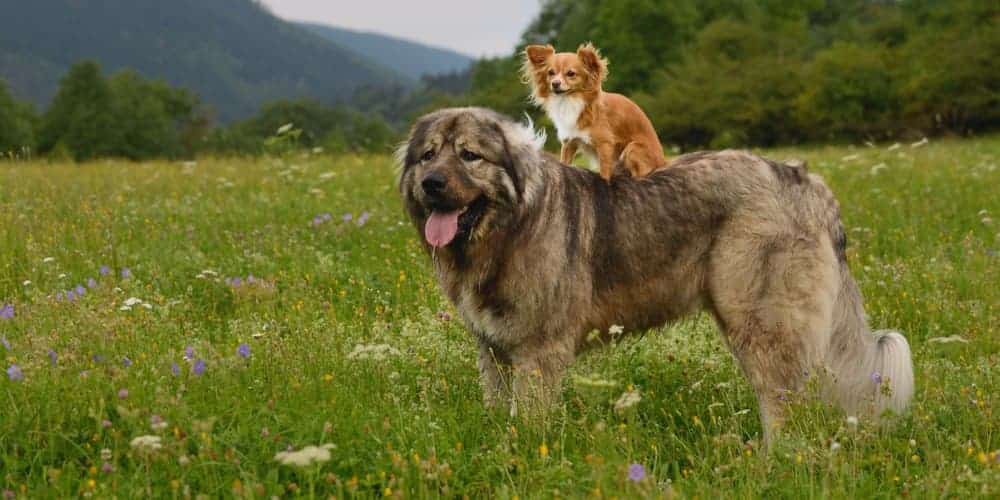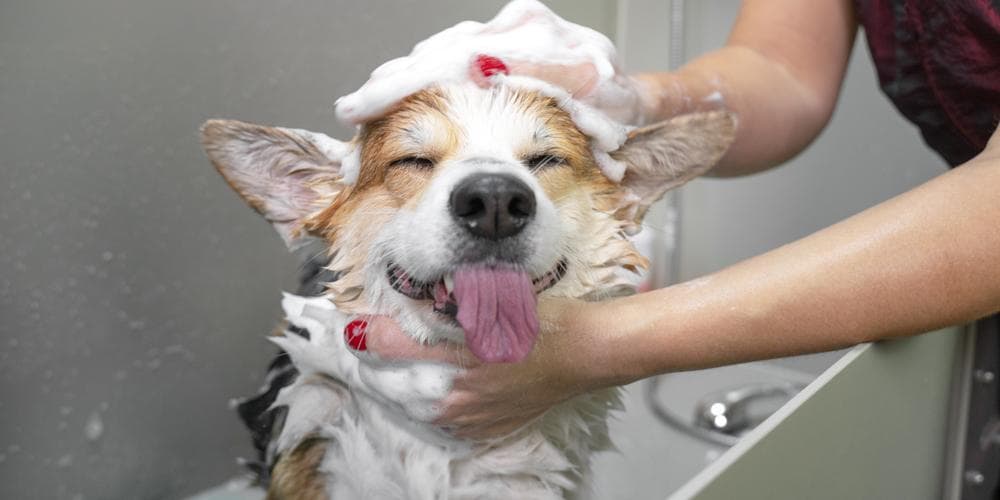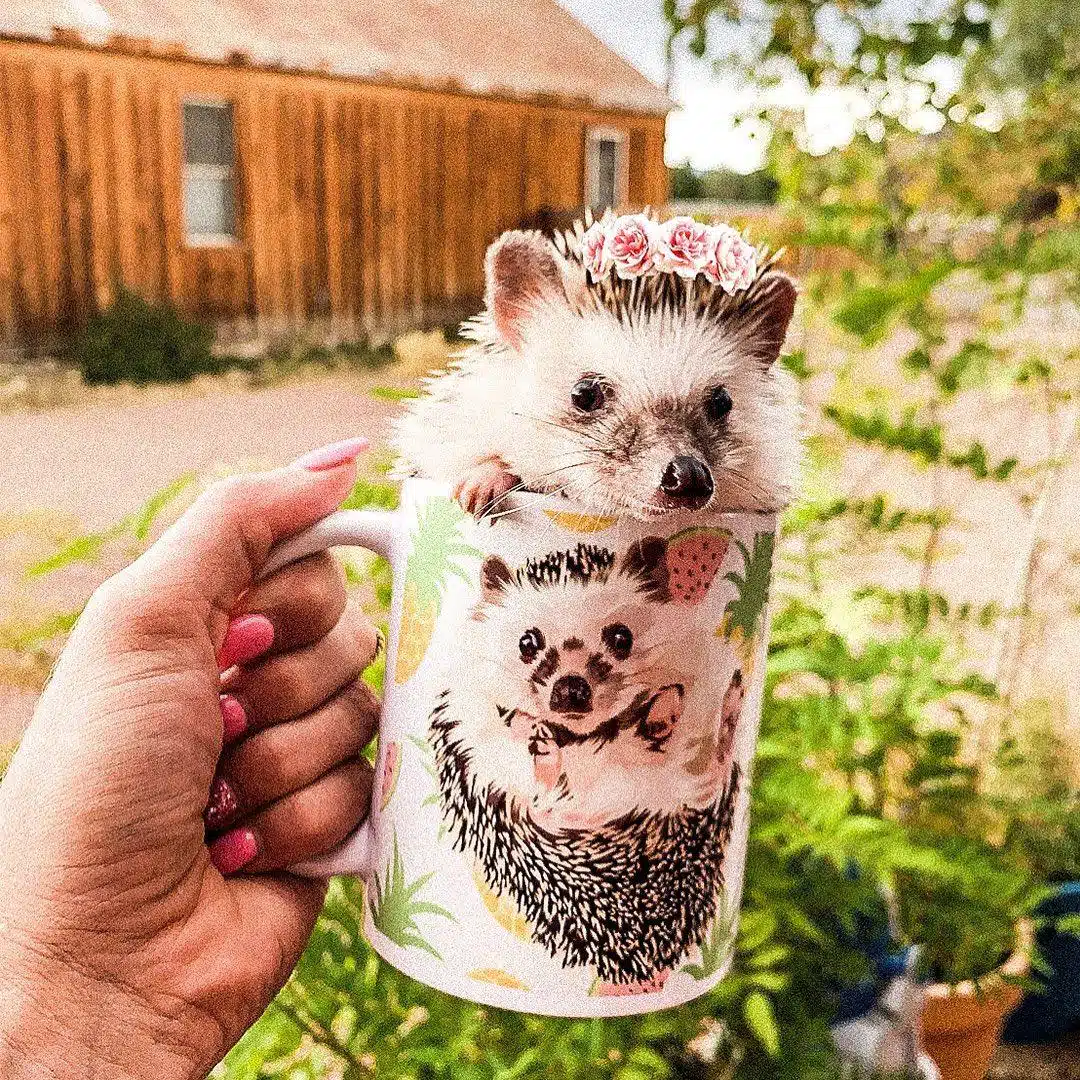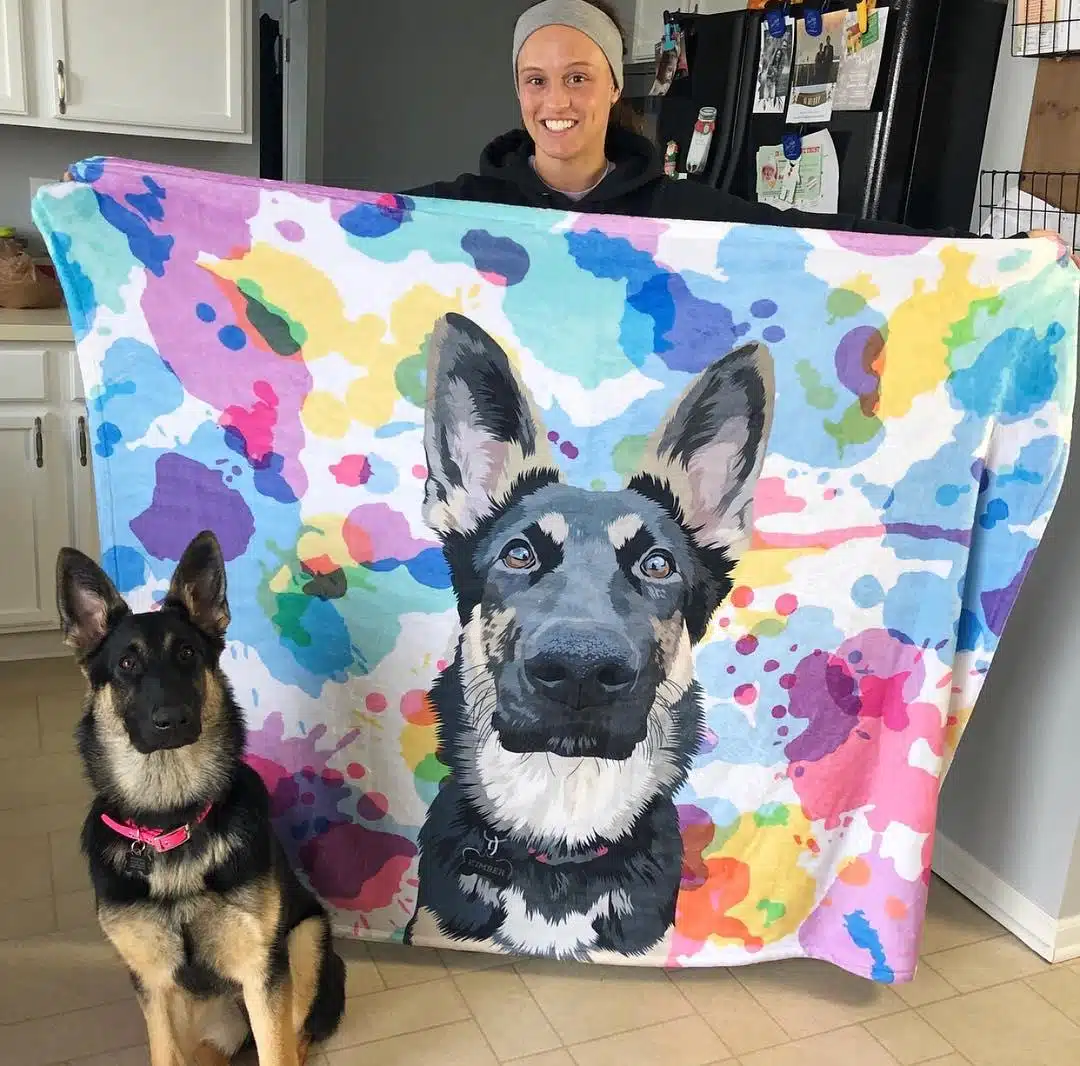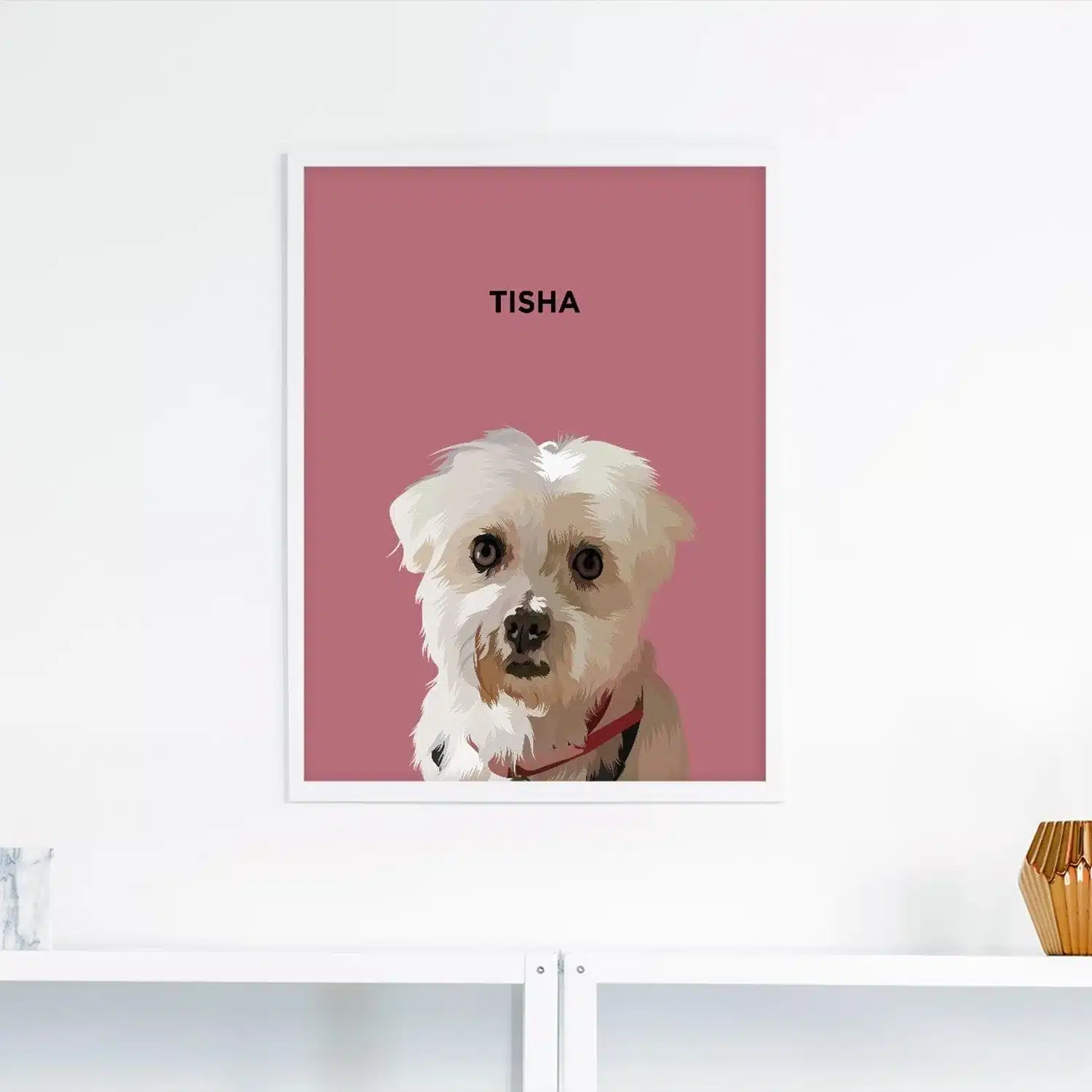You Probably Have Seen It On TV.
You might have also seen it at your friend’s house. You can see it in various places. Smaller dogs are generally more vicious than bigger dogs.
Why is that? Could it be that there’s something that triggers small dogs to be more aggressive and problematic? Could it be their genes? How about their upbringing? Or could it be their owners?
If you have a smaller dog, you know exactly how they become problematic at times. Some even have a small dog that becomes so uncontrollable that they have given up on them by leaving them in an animal shelter, abandoning them, or putting them down indefinitely.
This problem has to stop and the best way to do that is to know the cause. Once you know the reasons smaller dogs are more vicious, you’ll have a better way of knowing how to deal with the problem.
Size Matters
Have you seen smaller dogs trying to bark at bigger dogs? For many, this scene looks cute and funny, but the thing is, there’s something you need to understand.
Smaller animals tend to become more defensive. Because of their size, they become more aggressive. They tend to attack first. To prevent other bigger animals to dominate them, they become more domineering.
We see it all the time in nature where small animals try to compensate for their size with aggression. In fact, humans have what we call the “Napoleon complex,” where a smaller person becomes more domineering towards others just to compensate for their diminutive stature.
While genes, size, and nature do play a vital role, there’s more to it than you first thought.
A Victim Of Their Own Cuteness
Smaller dogs are seen to be more adorable, cuter, and cuddlier. However, because of this perception, a lot of smaller dogs become more aggressive and develop other behavioral problems.
In this case, owners could be responsible for having an aggressive smaller dog.
Here’s how this happens.
Smaller dogs may already have a certain level of built-in aggression. However, this is magnified with how we handle, interact, and treat our cute dogs.
Because of the size and cuteness of smaller dogs, owners tend to become more tolerable of their bad behaviors.
For example, bigger dogs are quickly punished when they jump on to their owners. However, smaller dogs are not. In fact, some owners would even encourage it and hug their cute furry friend.
As a result, because jumping on someone is a domineering act of dogs, they now perceive that they have dominated their humans. This could lead to a chain of negative reactions.
Tolerating Bad Behaviors Leads To Aggression
Humans tend to change their approach when it comes to smaller dogs and that’s where the problem starts.
You might have tried to walk bigger dogs. When they try to pull you and want to take the lead, you immediately correct the behavior. Because they are bigger, leash pulling can easily become a major concern, which can prompt owners to train their pets better.
This is not always the case in smaller dogs. Owners ignore leash pulling because they are not big enough to knock them down. As a result, smaller dogs think that their behavior is acceptable.
There are also other bad behaviors that owners tend to overlook. For example, excessive yapping, growling and barking. Since they are smaller, they are not seen as a real threat by most people and so, this bad behavior is not corrected.
Another one that you should not ignore is when your smaller dog barks on other dogs. It is not their way of getting other dogs’ attention, but they are trying to show dominance.
Think Like A Dog
Dogs are pack animals and you need to become their pack leader. You need to exert your leadership and dominance if you want to overcome your dog’s aggression.
If you’re having trouble controlling your small dog, don’t hesitate to speak to your vet or get a pet trainer. Don’t underestimate the problem of your dog just because he is small, cute, and adorable. It will only make things worst.
Treat your dog like any other dog, no matter what his size is. That way, you will have a less problematic dog and a happier and healthier one.


